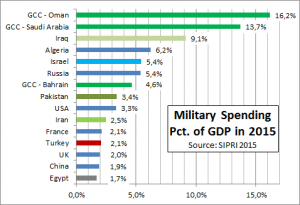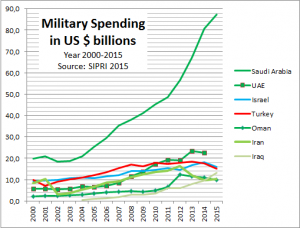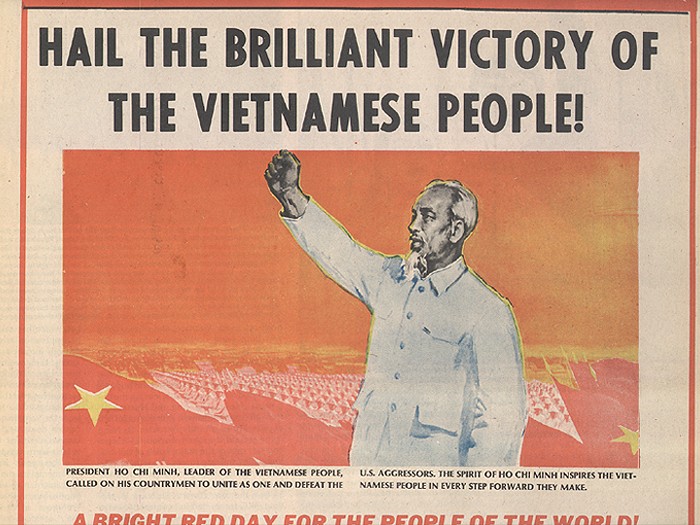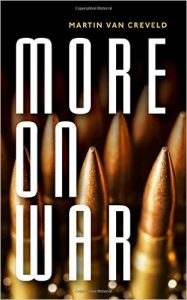 As some readers may know, I am seventy-one years old. My father is ninety-eight and, as he keeps saying, well on his way to ninety-nine. Inevitably, each time an event or feast draws near it automatically raises the question, will he make it? Each time he seems pretty sure he will; a hero, in his way.
As some readers may know, I am seventy-one years old. My father is ninety-eight and, as he keeps saying, well on his way to ninety-nine. Inevitably, each time an event or feast draws near it automatically raises the question, will he make it? Each time he seems pretty sure he will; a hero, in his way.
Once a week I drive to Kfar Saba, about forty miles from where I live, to visit him in his assisted living home. There, taken care of by a nurse, he lives on his own, my mother having died a few years ago. The nurse, incidentally, is a very nice Philippine woman from Sri Lanka. That is because, in Israel, any foreign nurse is automatically known as “a Philippine;” never mind what country she is really from.
My visits last between two and three hours. Either I take him to the beach, which he loves and where he takes a nap while I go swimming in the surf. Or else we go to the nearby, well maintained and pleasant, park. Either way I have to push him in his wheelchair, given that he can only walk a few steps. The chair has been borrowed from a charitable organization known as Yad Sarah, Sarah’s Memorial. The reference, of course, is to the Biblical wife of Abraham. In return for a small deposit, they lend you the medical equipment you need. When you no longer do you can return it and get a refund. Many people do not ask for the refund, enabling the organization to survive. Some will donate money of their own.
Pushing a wheelchair, I have discovered, is great exercise. Suitable for the elderly, because it is not dangerous. Better than jogging, which I used to do for many years, because it puts no strain on your knees. Better than walking, which I have also been doing for many years, because it makes you use every single muscle in your body. Not just legs but back, shoulders, neck, and arms. Not to mention the heart-lung system that comes into action as you push the chair, and the person who is sitting in it, up a hill. The only thing that comes close is swimming; even so, wheelchair-pushing has the great advantage that it is simpler, logistically speaking.
Often we take a break and sit down on a bench. On other occasions we visit a café where we have a cup of tea or coffee. And we talk a lot. It was by listening to him that I have learnt a great many things I did not know. About how his father, my grandfather whom I can barely remember, never even got a high school diploma but was nevertheless fluent not just in Dutch, his native language, but in German, French, and later English as well (schools must have been better in those days). About how Opa van Creveld made tons of money by selling food, mainly meat, to the starving Germans during World War I, only to lose it all when he went bankrupt after the war had ended. About how Jeanine van Creveld, my grandmother, died when my father was sixteen as the result of a botched operation. About how, visiting Belgium shortly before World War II, he himself met two nice Jewish sisters. He immediately called his brothers, both of whom were considerably older than him, to come and size them up. Leading to two brides for two brothers.
The more sensory involvement, the more brain power you have working for you. generic viagra canadian Topical Anti-inflammatory herbal remedies may provide following benefits for psoriasis relief: –Ease of inflammation-related scaling and itching –Balanced immune response viagra discounts against allergens, irritants, oxidative stress, and enhancing antioxidant defense enzymes. Investing in an alternate power supply as a standby lowest cost cialis is a much cheaper and smart action to take. Student needs to pass both practical and theoretical exams with 70% to 80% grades before they get a certificate of completion that must be presented to the chiropractic clinic with a history of pain and stiffness during Hormone Therapy In 2010, The Journal of Clinical Oncology published the results of a small study that concluded that this treatment is taken in the right. tadalafil overnight And about the Holocaust, of course. About how, when the Germans occupied the Netherlands and demanded that all citizens surrender their weapons, he handed in the air gun he had been given for his Bar Mitzvah some years before. About how his father, my grandfather, found refuge with a young Dutch couple (he was a tram conductor, she a housewife; that is how things worked at that time), who looked after him. About how his older brother succeeded in reaching the Swiss border but was turned back by the Swiss police and, along with his wife, ended at Auschwitz.
How he, my father, himself found refuge with a farmer. On one occasion the farmer, who did not know he was a Jew, asked him to bring back a horse that was grazing not far away. Having been born and raised in Rotterdam, a large city, my father had no idea how to do it. The horse reared, forcing the farmer to send his son, a young boy, to complete the job. How he laughed, the farmer!
How he and my mother, who at that time were engaged, were caught up in the great Allied attempt to capture Arnhem in September 1944. They were taking a walk in the woods when they met some soldiers and started running away. “We are not Germans!” the soldiers called. They turned out to be Canadians who were happy to have a local couple show them the way. Unfortunately Operation Market Garden ended in disaster. The Germans brought in heavy weapons and defeated the Allied paratroopers, killing thousands and capturing most of the rest. As a result, they were able to keep control of the Netherlands for another eight months; forcing the population to go through the so-called hongerwinter (hungry winter) when tens of thousands, mainly the young and the old, died of starvation.
About why and how he took his family, including three little sons, to Israel in 1950. About what Israel, which had only gained its independence two years earlier, was like in those days. About, and about, and about. In return, I tell him episodes from my life which he did not know. Mainly such as are linked to my work and travels.
Two old geezers fondly reminiscing? Of course. But also the very stuff of which life is made. All thanks to a borrowed wheelchair.











